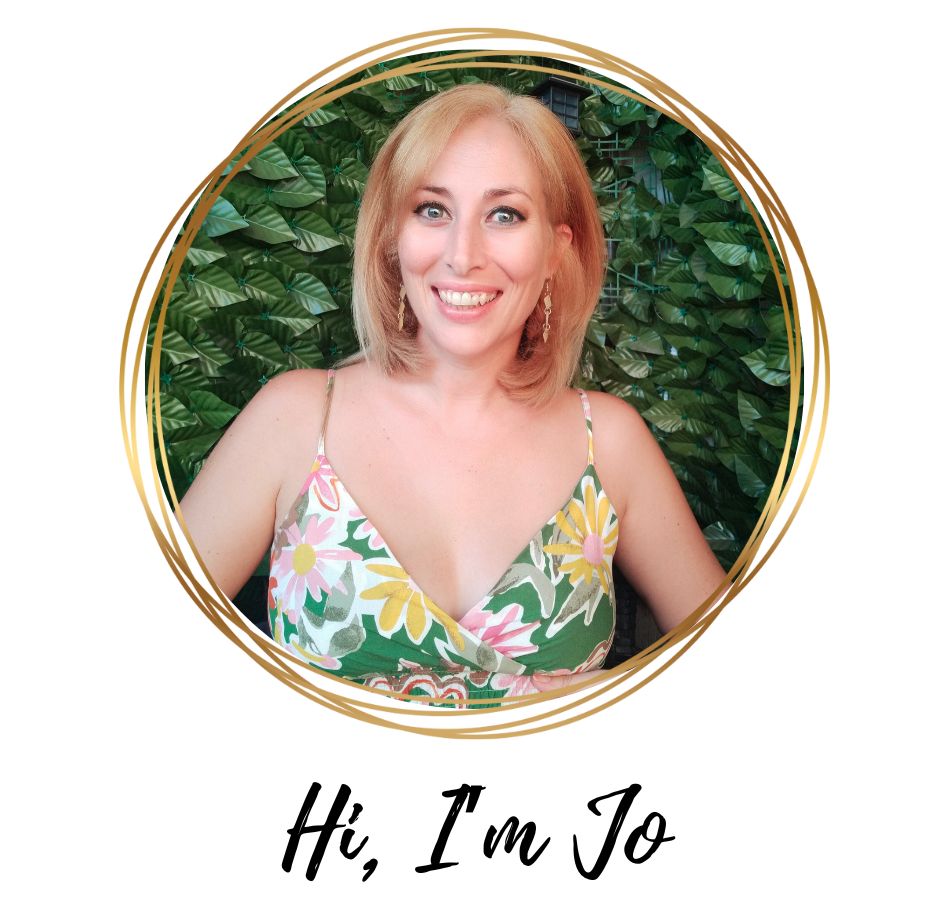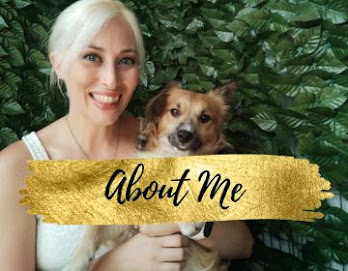Book Club Kit
The Woman in the Library by Sulari Gentill
About the book
- ISBN-10 : 1464215871
- ISBN-13 : 978-1464215872
- ASIN : B0B7LX9CT5
Book Covers
Book Synopsis
USA TODAY BESTSELLER * AMAZON BOOK OF THE MONTH * LIBRARY READS TOP PICK * CRIME READS BEST NEW CRIME FICTION
"Investigations are launched, fingers are pointed, potentially dangerous liaisons unfold and I was turning those pages like there was cake at the finish line." ―Moira Macdonald, Seattle Times must-read books for summer 2022
Ned Kelly award winning author Sulari Gentill sets this mystery-within-a-mystery in motion with a deceptively simple, Dear Hannah, What are you writing? pulling us into theornate reading room at the Boston Public Library.
In every person's story, there is something to hide...
The tranquility is shattered by a woman's terrified scream. Security guards take charge immediately, instructing everyone inside to stay put until the threat is identified and contained. While they wait for the all-clear, four strangers, who'd happened to sit at the same table, pass the time in conversation and friendships are struck. Each has his or her own reasons for being in the reading room that morning―it just happens that one is a murderer.
Sulari Gentill delivers a sharply thrilling read with The Woman in the Library, an unexpectedly twisty literary adventure that examines the complicated nature of friendship and shows us that words can be the most treacherous weapons of all.
About the Author
Author Interviews
I think contrast is what really makes something suspenseful. So there was two storylines going on then. One was the evolution of a friendship. And young people, I remember - well, I remember from when I was in my early 20s, you'd form these intense friendships. And I wanted to explore that because I always look back at that time with a certain amount of nostalgia and warmth. But I also wanted to, you know, have this growing menace in the background. Read the full interview by NPR here.
Credits
BookBub Most Anticipated Books of 2022
PopSugar's 25 Must Read Thrillers and Mysteries in 2022
We Are Bookish 24 Highly Anticipated Books Hitting Shelves in 2022
GoodReads Most Anticipated New Mysteries
Book Reviews
What a delightfully meta-textual examination of writing in the 21st century! With The Woman In The Library, Sulari Gentill has written a truly thought-provoking modern crime fiction novel—one that entertains and enthralls at a high level while still keeping at least one foot grounded in reality. Read the full review by Criminal Element here.
The Woman in the Library is an unexpectedly twisty literary adventure that examines the complicated nature of friendship – and shows that words can be the most treacherous weapons of all. Read the full review by Theresa Smith Writes here.
The author of more than a dozen mysteries, Gentill has created a smart, engaging novel that blurs genre lines. The mystery set within the library is a fresh take on the locked-room mystery, and Leo’s emails to Hannah create an increasingly ominous epistolary thriller, despite the distance between the characters. It’s an inventive and unique approach, elevated by Gentill’s masterful plotting, that will delight suspense fans looking for something bold and new. Read the full review by Book Page here.
The prose is complex and tight. The characters are multilayered, secretive, and consumed. And the plot builds nicely to create just the right amount of tension and suspense as it unravels all the different personalities, questionable motivations, duplicitous actions, and relationships within it. Read the full review by What's Better Than Books here.
Discussion Questions
Quotes from The Woman in the Library by Sulari Gentill
To paraphrase Spider-Man: With a great readership comes great responsibility.As for your enquiries about how my own book is coming: Well, I spent Friday at the library. I wrote a thousand words and deleted fifteen hundred. Regardless, the Boston Public Library is a nice spot in which to be stood up by the muse.
I am a bricklayer without drawings, laying words in sentences, sentences into paragraphs, allowing my walls to twist and turn on whim. There is no framework, just bricks interlocked to support each other into a story. I have no idea what I’m actually building, or if it will stand.And so we go to the Map Room to found a friendship, and I have my first coffee with a killer.It feels a little indecent to write so well in the wake of tragedy. But I do. The story of strangers bonded by a scream.“But we were going to compare notes on our books today,” Marigold protests. I meet Cain’s eye. Were we? “You and Whit aren’t writing books,” he reminds her. “You’ve inspired us to start,” she says smiling.There’s something all-American about Marigold’s smile, wide and quick and optimistic. You can imagine the Stars and Stripes fluttering behind her when she smiles, almost smell the apple pie. Whit’s is similar. Cain’s smile is different. It’s slower, a little wry and reveals less of his teeth. But they all smile while they talk—that’s the difference I think, that’s what makes it American. Australians don’t seem to be able to smile and talk at the same time—unless we’re lying, of course. And then the smile is involuntary, a tell of deceit.“We can teach Freddie how to smile properly, in case she ever needs to get a job at McDonalds.” “I’m a writer,” I say. “It’s a distinct possibility.”“So, this is Isaac’s story?” I ask, tentatively, because I’m not sure he wants to talk about it. I know he’s writing about it, but that’s different. Words are put down in solitude; there is a strange privacy to those disclosures. Time to get used to the revelation before readers are necessarily taken into your confidence.When I’m an old lady, one shoulder will probably be lower than the other after a lifetime of lugging laptops like they are some portable life-support system—which perhaps they are.“I’m fine, Marigold. The police questioned me...they didn’t torture me.”Murderer isn’t a job description, Freddie. It tends to be something you do on the side.”I smile. I’ve been starving for at least three hours, afraid to ask the muse for time off to buy food. She’s fickle and easily offended, likely to sulk if I don’t give her my complete attention when she’s gracing me with her presence. Perhaps that’s why writers starve in garrets—because the literary muse is a sadistic fascist.“There are probably a dozen little brats ringing random numbers and screaming after the news reports of what happened at the BPL.” “Yes, but these brats stabbed you.”I will concede however that our climate is conducive to keeping a writer on task…It’s easier to stay at one’s desk than put on four layers of clothing and shovel the driveway so you can leave the house.Might one of them have killed her? The last thought jolts me. My characters are too connected to the real people who inspired them, and those real people are my friends. New, but already beloved, wrapped in the excited crush of friendship’s beginning, untarnished by the annoyances, disappointments, and minor betrayals which come with the passing of time.“Have you…Have you always written romance?” “Yes, and what’s more, so have you. The mystery writers, the historical novelists, the political thriller writers, the science fiction writers...everybody but the people who write instruction manuals, is writing romance. We dress our stories up with murders, and discussions about morality and society, but really we just care about relationships.”“I wouldn’t worry about it. Good-looking guys know they’re good looking. We have mirrors, after all.”And, incidentally, by way of interest, I read in The Globe yesterday that Alexandra Gainsborough—that agent who turned down the opus—passed away. An accident of some sort. Two days ago she was vibrant and powerful, she had the power to realize or kill dreams, and today she herself is dead. I sent condolences, of course. It’s funny how things work out sometimes.
I think about it for a moment. “I began to write after Gerry died. Letters to her at first—I expect some counsellor suggested it. Then poems and stories as part of those letters. Even now, I think I’m writing for Gerry.”He takes my hand. At that moment the house lights dim, and I’m so glad because I’m sure not what my face is doing. My heart is pounding like a schoolgirl’s, and I’m afraid to move lest the moment pass. His hand feels large and strong, the pressure is gentle, casual. The opening credits begin and we watch. Occasionally, he leans down to whisper something about a shot, and by the time Cary Grant is clambering around Mount Rushmore, our fingers are interlaced.“Words have meaning. I suppose who the author is, what he’s done might change that meaning.” “Isn’t meaning more to do with the reader?” “No...a story is about leading a reader to meaning. The revelation is theirs, but we show them the way. I suppose the morality of the writer influences whether you can trust what they are showing you.”I am writing more fluidly than ever. Perhaps my muse is fear.“A scream is the most human and primal of things, a siren call which binds all those in hearing to help, as it did us to each other and to Caroline.”With Thanksgiving coming up it makes me very aware that I am here and not at home. Not that Thanksgiving means anything in Australia, but the gathering of clans here does make me feel the absence of my own.Dwyer glances sideways at her partner. I know they are noting my reaction. “Cain McLeod served seven years for murder.” I feel cold inside, and hot and flushed at the same time. “Are you sure?” It’s a ridiculous question to ask of the police, and I’m not even sure I’m asking anything. It’s more an expression of shock and disbelief. And then I remember that Cain changed his name. Perhaps this is some kind of misunderstanding. “You know Cain McLeod is not his real name—” “Yes, we do. Abel Manners changed his name to Cain McLeod when he was released.”I’m not sure about anything except that certainty is overrated.“And they just left it like this?” Marigold is livid. “Where do they expect you to sleep?” “I think they were hoping it would be a cell.”“I was released over seven years ago,” he reminds me. “Jail wasn’t the only influence on my life.” “Even so, it doesn’t seem to have marked you at all. I went to yoga for a few months five years ago and I’m still traumatised...”I’m sure it must happen. After all, how are you to know you like killing people until you have taken a life and in doing so discovered the incomparable thrill of holding existence in your hands and snuffing it out? I’m projecting, of course.“Caroline Palfrey’s grandfather was Judge Andrew Keaton, who sentenced Abel Manners to ten years—seven without parole.” Justine’s eyes are fixed on me, as she watches intently for my reaction.Do not be afraid of taking your writing to dark places, my dear. The world is getting darker, and murder now needs to compete with disease, neglect, and the inherent selfishness of man.“Jean Le Marque still practises law, but she married and took her husband’s name. She’s now Jean Metters.” I choke, turning immediately to Whit. “Your mother? Cain’s lawyer was your mother?” I stand up, too agitated to remain still.“Not necessarily. I just mean that you can’t judge guilt or innocence by whether a person is likeable or not. Sociopaths are often charming, they know how to make you love them. But they don’t operate by the same rules—they don’t feel remorse or guilt, they know how to manipulate people and situations.”Everything Marigold said was rational and sensible and well meant. I may have lost my heart to Cain, but I haven’t lost my mind.“Shaun Jacobs, more recently known as Boo, was a doctor—a surgeon—once. He started taking painkillers which became a full-blown habit. Lost everything, kicked the addiction in prison only to return to it and ended up a corpse on the banks of the Charles.”“I’ve got you covered.” I tell him what’s in the backpack he’s been carrying for me. He laughs. “If I didn’t know better, I’d assume you’ve aided and abetted before.”In answer to your question, yes it does matter what color your characters are. As I’ve already explained, the police over here are a lot more dangerous if Cain is Black. Even if he walked into a police station with his hands up, they might shoot him. It matters for other things, too, in ways that may affect the story line. I admire your determination to ignore skin color, but it’s a bit like ignoring the virus. It’s not real. Whether or not a character is Black will affect his story arc...but perhaps that’s the point you want to make by ignoring it. Do you want readers to say this couldn’t happen to Black people, and then wonder, why not? Is that what you’re saying? Okay, I see your point. But it’s risky. You’re betting on a level of self-awareness in the reader that might not exist. People who’ve assumed these people are white may feel betrayed and tricked if they realise that the people they’ve invested in could be Black. Some folks only want to read about their own kind, and even the idea that a character could possibly be Black, means he’s not white enough. It’s just the way it is. And, take it from me, you don’t want to tick those folks off. I really wouldn’t do this. But it’s your book.“Gosh—I thought everyone loved Caroline.” “After she was dead—sure. Before that, not so much.”And being in love is a bit like finding God. You start to act on blind faith.Leo. I stare, thrown off balance by the fact that he’s here. “What are you—?” He smiles. “I thought you might need me.”
You might also like: Me Before You Trivia Quiz
If you'd like to support me, donating goes a long way to helping with the running of this blog. Thanks for your support 💗






.jpg)
.jpg)



.jpg)


.jpg)
.jpg)



0 comments